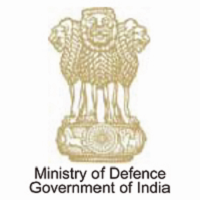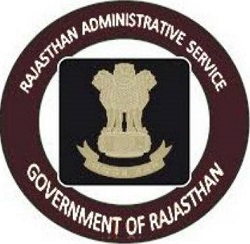
In a significant move to boost indigenous manufacturing in the arms and ammunition sector, the Indian government has opened the industry to private players. The initiative aims to promote ‘Ease of Doing Business’ and encourage private investment in the defense sector.
Several measures have been implemented to streamline the process and provide a conducive environment for private industry participants. These include the grant of a lifetime validity of manufacturing licenses for arms and ammunition, the permission for Initial Public Offering (IPO) in the sector, and the removal of the requirement for prior permission for enhancing annual production capacity in manufacturing plants.
As part of the strategy to engage with stakeholders effectively, the Directorate General of Quality Assurance (DGQA) has established the Defence Industry Quality Assurance Management Cell (DIQAMC). This cell is responsible for allocating Proof ranges to private manufacturers, ensuring a seamless process for testing and validation.
To ensure fair competition among manufacturers, guidelines have been issued for the procurement of non-critical arms and ammunition through open tender enquiry. This move aims to provide a level playing field for both public and private manufacturers. Financial powers of Directors General (DGs) of Central Armed Police Forces (CAPFs) have been increased from Rs.20 Crore to Rs.50 Crore for the procurement of arms and ammunition through open tender enquiry. Additionally, representatives of CAPFs have conducted visits to sites and factories of various private manufacturers to assess capabilities and compliance.
Enforcement of the ‘Make in India’ clause has been a priority, with open tender enquiries floated for the procurement of weapons. DGs’ powers for procurement for trial purposes have been actively utilized to evaluate the performance and suitability of offerings from private manufacturers. In an effort to provide equal opportunities, trials conducted by CAPFs are based on the principle of No Cost No Commitment (NCNC). This approach ensures that private manufacturers can showcase their capabilities without financial obligations during the trial phase.
To simplify the process further, the government has delegated the powers for approving Qualitative Requirements and Trial Directives (QRs/TDs) to DGs of the nodal CAPFs. This decentralization aims to expedite decision-making and enhance efficiency in the procurement process. The government’s initiatives underscore a commitment to fostering a robust defense manufacturing ecosystem, leveraging the potential of private industry participants and aligning with the broader vision of self-reliance in defense production.








Leave a Reply
You must be logged in to post a comment.